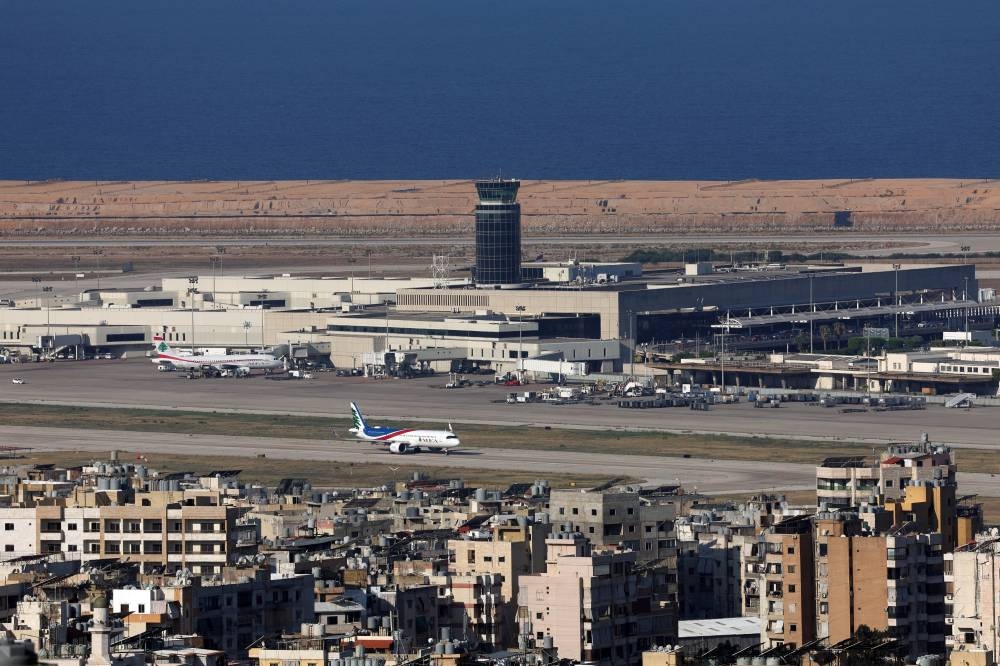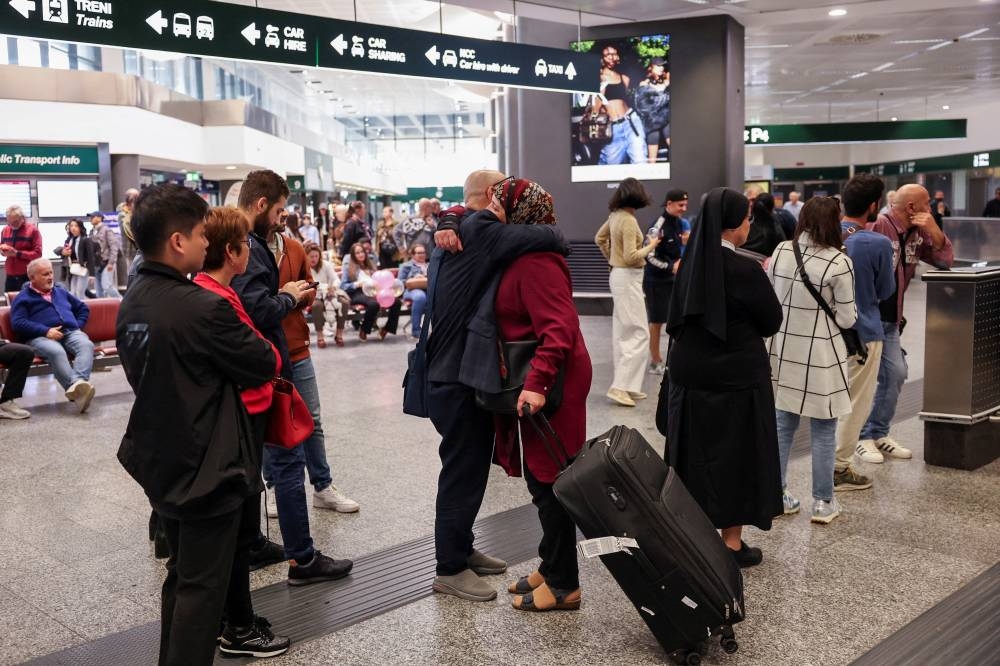A sharp escalation in border warfare between Israel and Hezbollah in Lebanon has sent Western nations scrambling to update contingency plans for evacuations from the region.
Germany has already evacuated non-essential staff, families of embassy workers and German nationals who are medically vulnerable out of Lebanon and will support others trying to leave, a joint statement by the foreign and defence ministries said on Monday.
There are currently 1,800 registered German citizens in Lebanon, a spokesperson for the German foreign ministry said on Monday.
Cyprus, the closest EU member to the Middle East, is a likely hub, having processed around 60,000 people fleeing the Hezbollah-Israel war in 2006. Neighbouring Turkey has offered facilities as well.
Operations-wise, most contingency planning seems to be by sea, enabling movement of larger groups, but that will be defined by the security situation, a source familiar with the process told Reuters. It takes about 10 hours to Cyprus by sea, or 40 minutes by plane from Beirut.
Here are some details on contingency planning by countries in the west:
AUSTRALIA: Authorities have made contingency plans that could include evacuation by sea, though it has urged an estimated 15,000 of its citizens in Lebanon to leave while Beirut airport remains open.
CANADA: News reports from Canada suggest it will cooperate with Australia in evacuating nationals by sea. The plan involves contracting a commercial vessel to transport 1,000 people out each day, The Toronto Star reported.
FRANCE: France, which has been urging citizens not to travel to Lebanon, has had evacuation plans in place for several months but has not issued an evacuation order. Present contingency plans centre around Cyprus and Beirut airport, while it is also discussing evacuations via Turkey. France has a warship in the region, and a helicopter carrier in the southern French town of Toulon, which would need several days to travel to the area.
GREECE: The Greek foreign ministry has urged its citizens to leave Lebanon and avoid any travel to the country. A frigate is on standby in case assistance is needed.
UNITED KINGDOM: Britain has called for its nationals to leave immediately. It has moved around 700 troops to Cyprus, bolstering its presence in the area where it already has military assets, including two Royal Navy ships. It also has two military bases on the island.
ITALY: Italy has reduced unnecessary diplomatic staff and beefed up security personnel at its embassy in Beirut, a source told Reuters. Foreign Minister Antonio Tajani has repeatedly urged nationals to leave the country and sought assurances from Israel over the safety of Italian soldiers operating in peacekeeping operations in the area.
UNITED STATES: The U.S. has ordered the deployment of dozens of troops to Cyprus to help prepare for scenarios, including an evacuation of Americans from Lebanon.
PORTUGAL: Prime Minister Luis Montenegro has advised against travel to Lebanon. The country has a plan to evacuate Portuguese citizens living there in cooperation with partner countries in the EU, he said.

Lebanese Middle East Airlines (MEA) planes on the tarmac of Beirut-Rafic Hariri International Airport, at Hadath, Lebanon on Monday. REUTERS

A passenger arriving from Beirut, amid the ongoing hostilities between Hezbollah and Israeli forces, hugs a person inside the arrival terminal of Malpensa airport in Milan, Italy, on Monday. REUTERS

Passengers arriving from Beirut, amid the ongoing hostilities between Hezbollah and Israeli forces, walk inside the arrival terminal of Malpensa airport in Milan, Italy, on Monday. REUTERS
